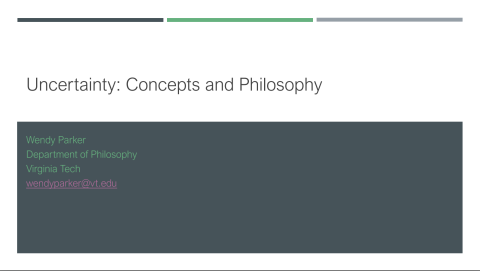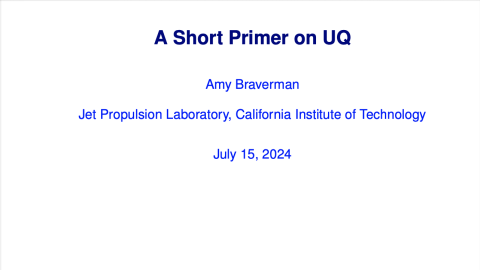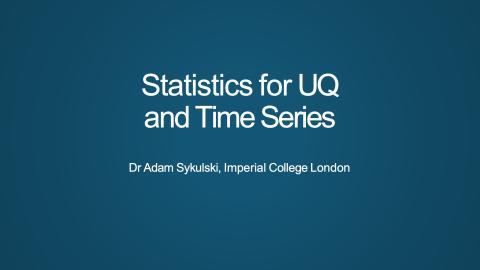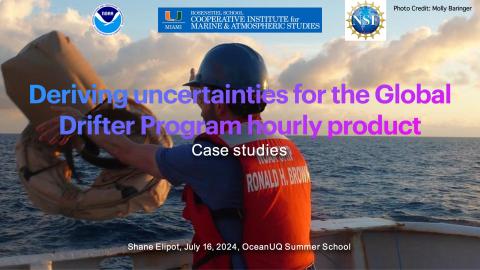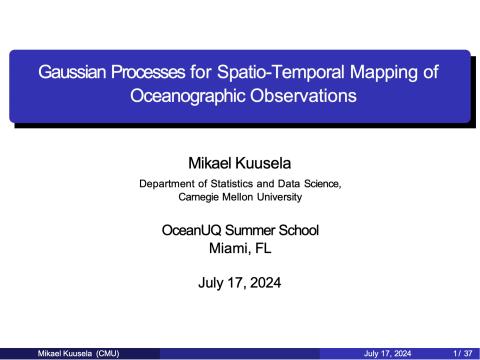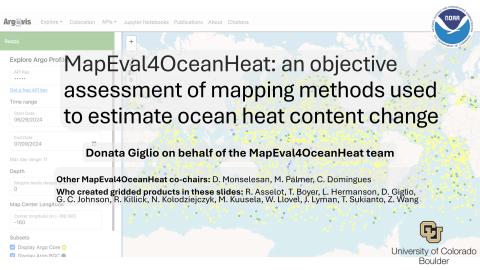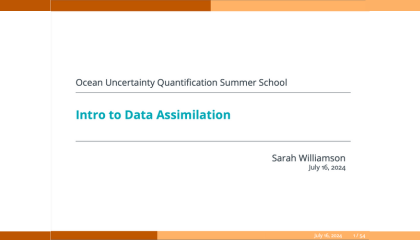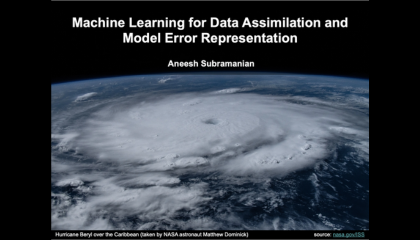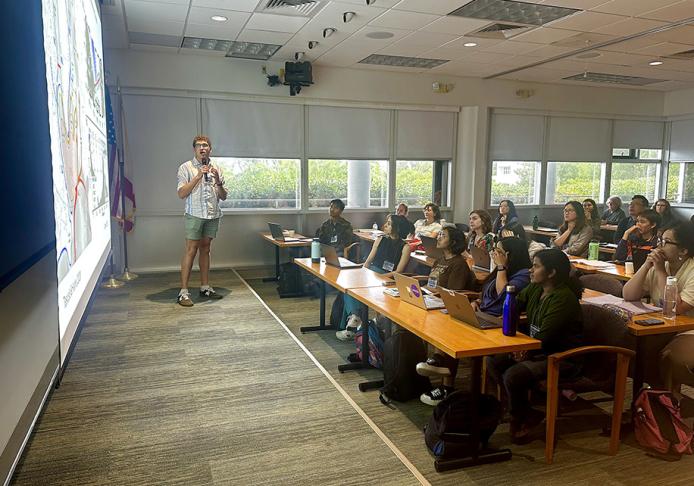
Lectures
Dive into a captivating collection of lectures tailed for ocean enthusiasts, researchers, and learners alike! Learn essential statistical methods for oceanographic research and gain a better understanding of uncertainty in ocean modeling. Whether you are a seasoned professional or just getting started, these lectures are designed to enrich your understanding of ocean uncertainty quantification.
